New Delhi, (June 10, 2024) – Narendra Modi has been sworn in as the Prime Minister of India for a historic third consecutive term following the election of the lower house of India's Parliament, the Lok Sabha. Despite a reduction in seats, Modi's Bharatiya Janata Party (BJP) successfully formed a coalition government, setting a new record in Indian politics.
The enthusiasm among Members of Parliament (MPs) and the public is palpable as Modi's administration begins its new term. This raises questions about the benefits and privileges MPs enjoy, beyond their basic salary, compared to their counterparts in other countries, such as Bangladesh.
An Indian MP receives a basic salary of ₹1 lakh per month, which was increased in 2018 to account for inflation and rising living costs. Additionally, MPs are allocated ₹70,000 monthly to manage the affairs of their constituencies, which can be used to open offices and hire local staff to address the needs and concerns of their constituents. To run these offices, MPs receive an additional ₹60,000 monthly.
Elected members of the Lok Sabha are entitled to various allowances alongside their salaries. When a parliamentary session or a standing committee meeting is held, MPs receive ₹2,000 per day for their attendance. Furthermore, MPs are provided with food within the Parliament premises.
Indian MPs enjoy extensive travel privileges. They receive 34 free flights annually to any part of India and can travel first class on trains throughout the year, whether for professional or personal reasons. Additionally, MPs are reimbursed for fuel expenses when traveling by car to their constituencies.
In terms of accommodation, each MP is allotted a bungalow in an elite area of Delhi. Experienced MPs may receive additional benefits. Those who opt not to live in these bungalows are compensated with ₹2 lakh as rent. MPs and their close relatives are also entitled to free treatment under government health schemes, which include certain private hospitals.
MPs receive significant benefits concerning utilities and communication expenses. They are entitled to 50,000 free electricity units annually and 4,000 kiloliters of water. This provision stands out, especially in a country where many areas face severe water shortages.
MPs' communication expenses are also covered generously. They are allocated free telephone expenses up to ₹1.5 lakh annually and receive free high-speed internet connections at both their offices and residences.
The privileges for Indian MPs do not end with their tenure. Former MPs receive a monthly pension of ₹25,000. If their tenure extends by a year, this pension increases by an additional ₹2,000.
Narendra Modi's unprecedented success and ability to form a government for the third consecutive term highlights his significant influence and popularity in Indian politics. His tenure has seen considerable changes and developments, which continue to shape the nation's political landscape.
As India moves forward under Modi’s leadership, the benefits and privileges enjoyed by its MPs remain a topic of interest, reflecting the intricate balance of responsibilities and rewards in public service.



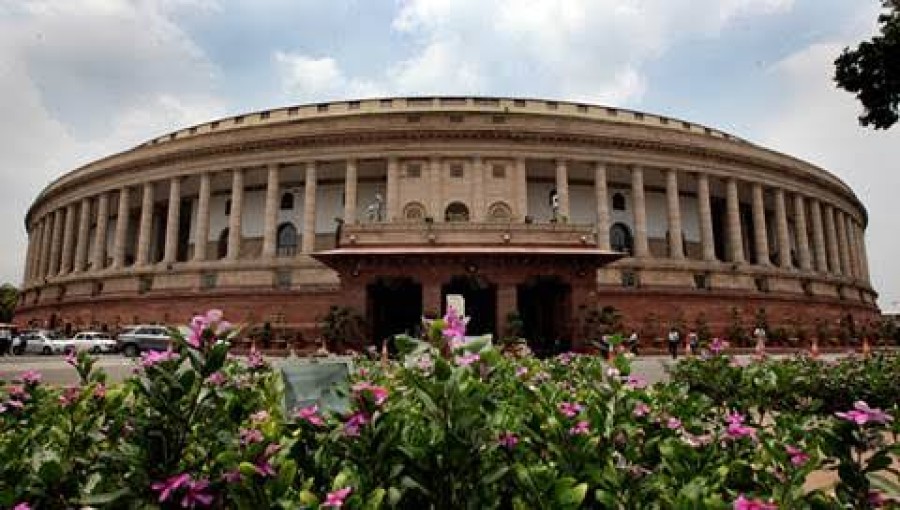

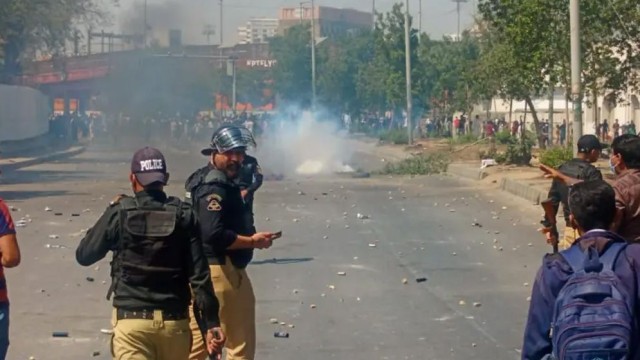
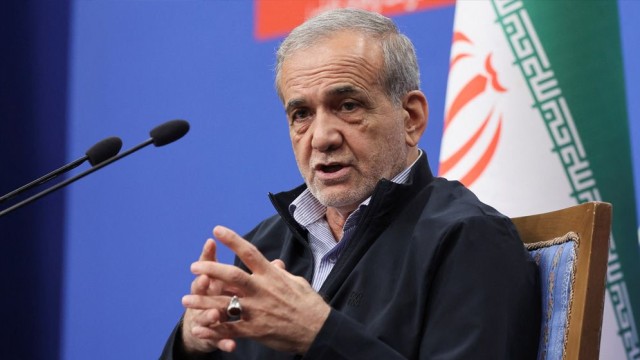
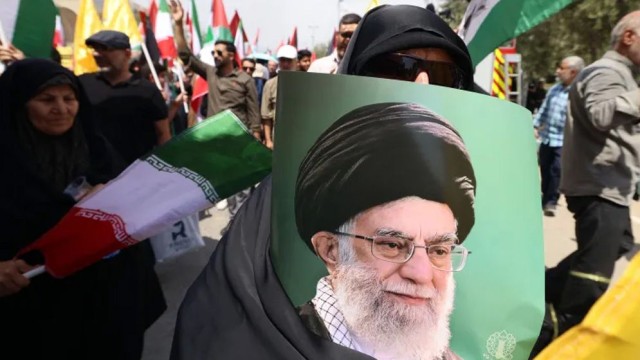
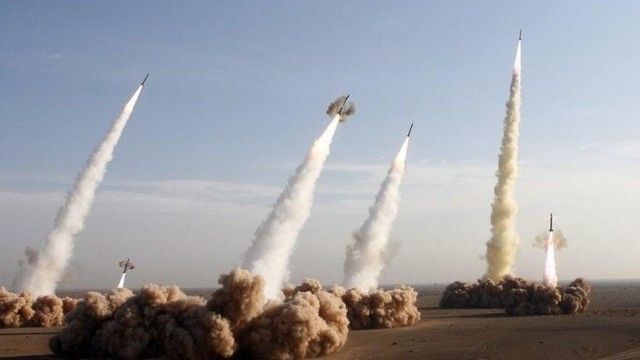
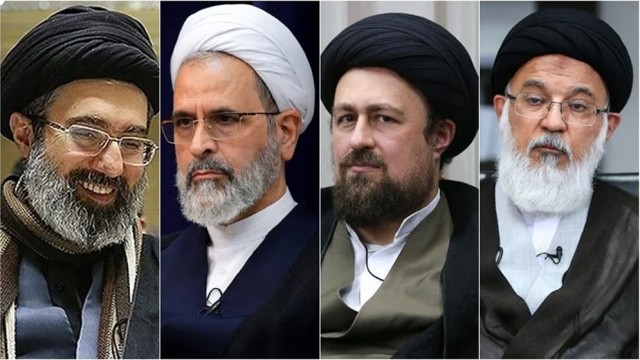


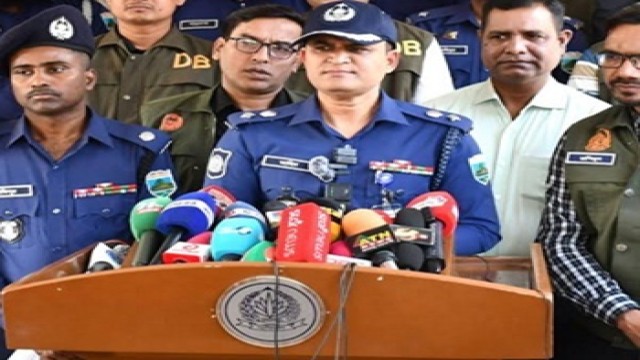
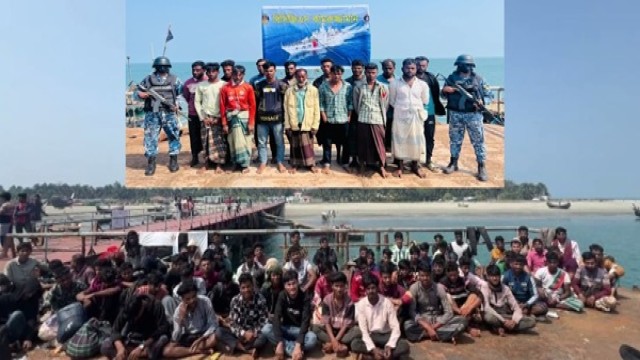
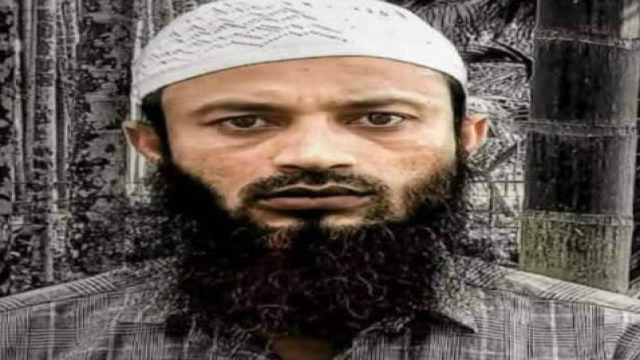
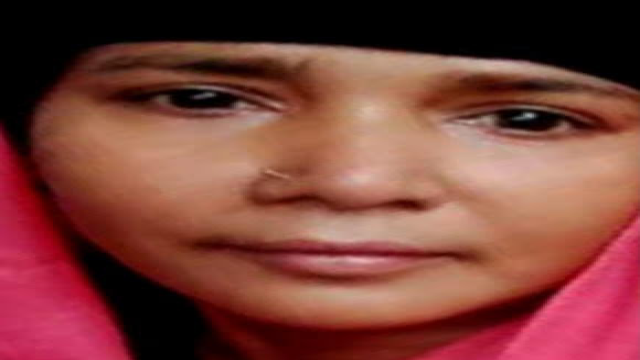


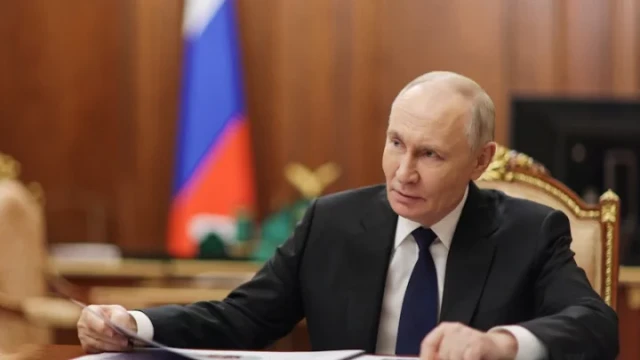
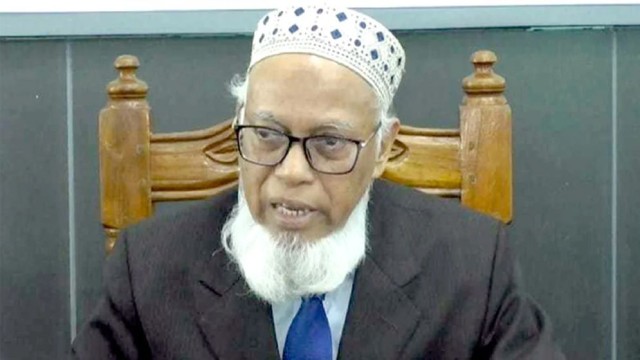










Comment: